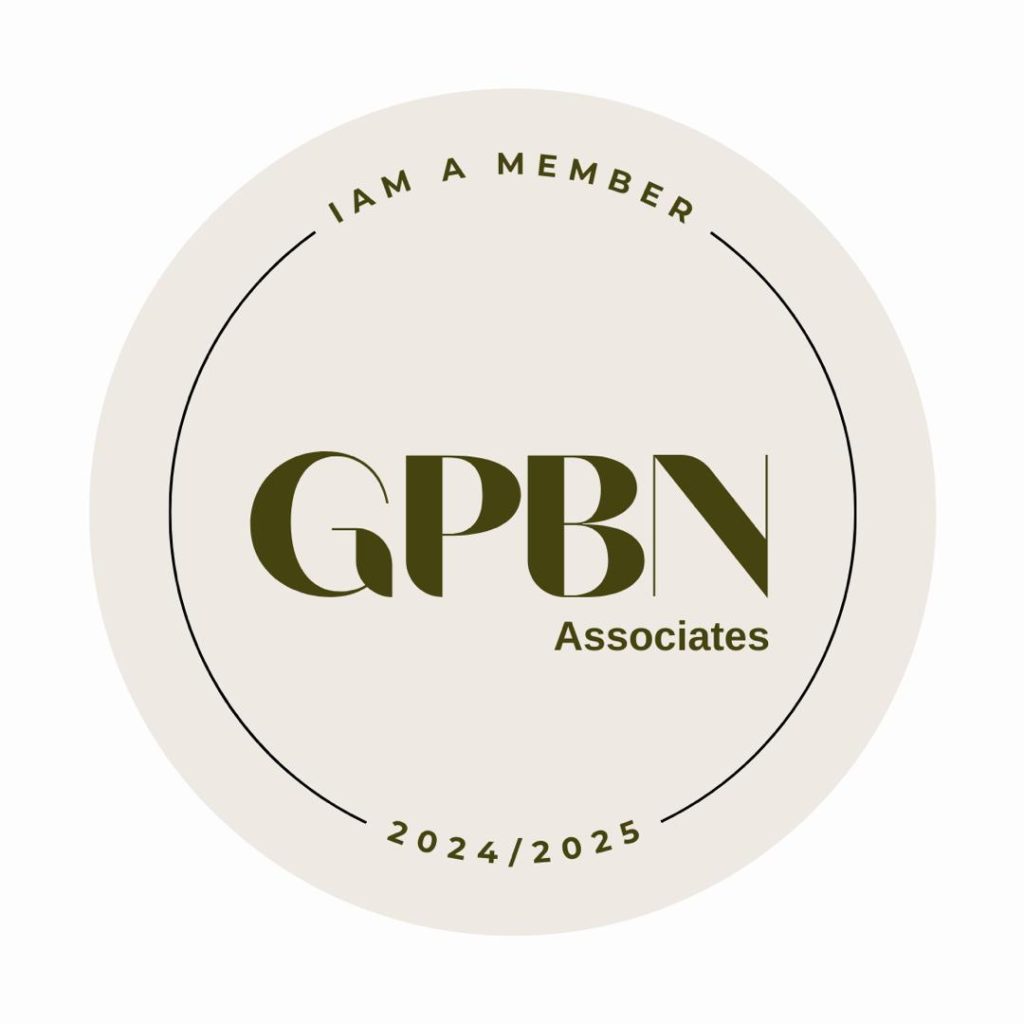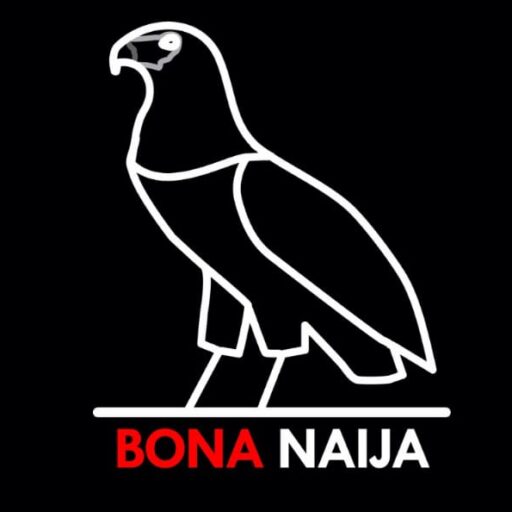News
Petroleum Marketers Knock FG Policies, Blame Scarcity On Low Refining Capacity

Continue Reading
Published
1 year agoon
By
BONA NAIJA
The Independent Petroleum Marketers Association of Nigeria has attributed the current fuel scarcity to the combination of low refining capacity and inconsistent government policies in the petroleum sector.
IPMAN Deputy President, Zarma Mustapha, disclosed this on Tuesday while reacting to the concerning development of Nigerians grappling with fuel scarcity, with widespread reports of long queues at petrol stations across the country.
Speaking on Newsnight broadcast by Channels TV, Mustapha said the scarcity is a result of the dwindling supply of petroleum products, particularly Premium Motor Spirit, commonly known as petrol.
READ ALSO
According to the IPMAN official, the roots of the current fuel scarcity can be traced back to the late ’70s when the Nigerian government established IPMAN and other major marketers to alleviate supply challenges in the petroleum sector.
He said, “Despite efforts to expand refining capacity and build infrastructure such as depots and refineries, the country has failed to keep pace with the growing demand for petroleum products, leading to recurrent shortages. There is a need for continuous investment in refining infrastructure to meet the needs of Nigeria’s burgeoning population and economy.
“Government policies have also played a significant role in exacerbating the fuel scarcity situation. Inconsistencies in pricing regulations, particularly regarding PMS, have deterred private investors from participating in the importation and distribution of petroleum products. While certain products like Automotive Gas Oil (AGO) and kerosene have been deregulated, PMS remains under the control of the NNPCL, further limiting competition and supply chain efficiency.
“Despite efforts by some independent marketers to import petroleum products, the unfavourable foreign exchange rates and high operational costs have rendered such ventures unprofitable. The disparity between the exchange rates at which NNPC imports fuel and the prevailing market rates has discouraged private importation, leaving NNPCL as the primary importer of PMS. As a result, independent marketers like IPMAN are left to rely on NNPC for their supply, impacting their bottom line.”
READ ALSO
The IPMAN official, however, urged the Federal Government to review its policies and increase investment in refining capacity to ensure a stable and reliable supply of petroleum products in the country.
“While IPMAN acknowledges the role of market dynamics in determining retail prices, the association emphasises the importance of consistent supply to meet consumer demand.
“The current situation highlights the urgent need for a comprehensive review of government policies and increased investment in refining capacity to ensure a stable and reliable supply of petroleum products across Nigeria.
“As citizens endure the inconvenience of fuel scarcity once again, stakeholders look to the government for effective solutions to address the underlying issues plaguing the country’s petroleum sector,” he added.
Source:- Punchng

























